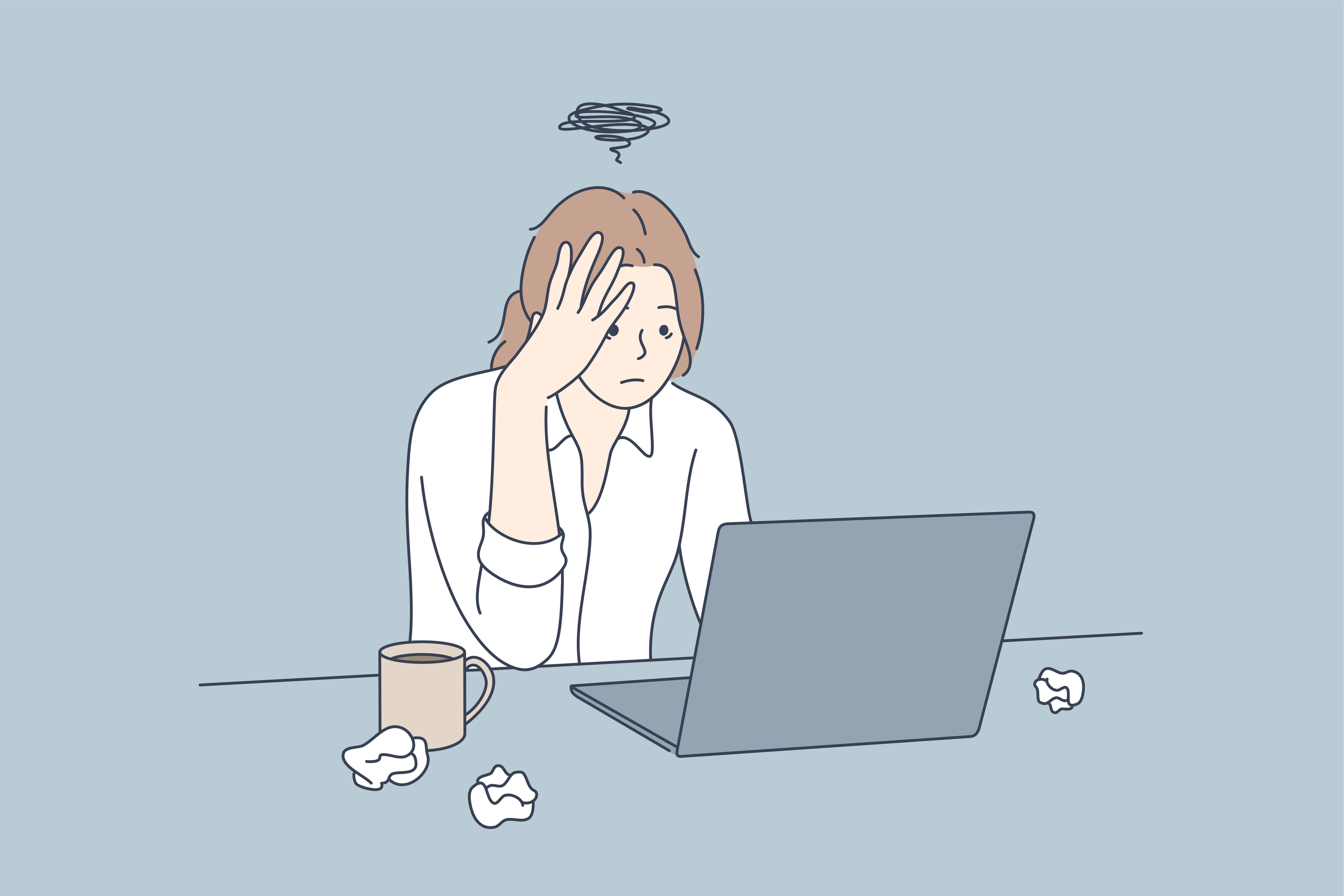· DanPalmz · 3 min read
Chronic Fatigue Syndrome and PDA - A Link?
The discovery of PDA has finally helped me understand my long term battle with "Chronic Fatigue Syndrome" (CFS/ME).

For many of us, the path to discovering PDA can be long and painful. I’m late diagnosed AuDHD and while that was a discovery of its own, I believe the discovery of PDA has finally helped me understand my long term battle with “Chronic Fatigue Syndrome”.
The first burnout
I have spent decades debilitated by fatigue, an inability to function to perform even basic daily tasks, brain fog and regular disappearances from the “real world” for months or years at a time.
It became evident when I was a teenager. I was, a healthy, smart, reasonably outgoing (when necessary) and physically fit/competitive individual. However, this came crashing down when I was about 15/16 and I could no longer get out of bed, attend school or participate in any of the activities I enjoyed.
The more I tried to force myself to get out and join in those activities (such as school!) the worse I got. Years of doctors’ visits, more blood tests than I can imagine, every type of “alternative medicine” available and the closest label we came to defining what I had was “CFS” (Chronic Fatigue Syndrome - or ME/Myalgic encephalomyelitis in other countries).
As you can imagine, this “sudden” change in me caused a lot of heart ache for my parents. They were amazing, as was their trust in me and belief there was a real physical reason why I was so constantly exhausted.
They believed I wasn’t “faking it”, that the physical conditions were real and that it wasn’t “just in my head”.
They were right, and they weren’t (there was much more to it..)
The pressure of deadlines
Looking back now I can see how my autistic and PDA traits were present all through my life. However, I feel like they all “cancelled each other out” when looking in from the outside.
All the way back to primary school, I thrived on pressure (such as tests, debates, sports or roles in plays). I loved the feeling I would get by “winning” but just as often I would end up sick for the days leading up to/after these events. Schoolwork came easily to me, yet deadlines were my kryptonite.
I would spend hours trying to force myself to start on assignments but never get more than a few words down. The internal pressure caused by me trying to will myself to put words down that wouldn’t come out had me feeling ready to explode. A desire for perfection added to the self-imposed pressure.
As an adult it became clear my “CFS” was triggered by stress and in particular deadlines.
I discovered I can produce amazing work in adult life when:
- I’ve been free to set my own hours
- decide (or have influence over) my work focus and
- have a range of important tasks (without set deadlines) to switch between.
I’ve spent more years in burnout/recovery than I have working.
If PDA was better understood could more people with CFS be helped?
I am sure I’m not the only person who has been living with CFS who should look more into PDA. Other PDAers list them as comorbidities and while I by no means disagree, I expect an earlier diagnosis of PDA would help many to not end up as deep in the realms of Chronic Fatigue as we have.
And while it’s not my place to speculate, when I see some of my heroes brought down by Chronic Fatigue and hear them talk about their journey with anxiety and depression, I can’t help but wonder what if PDA was better recognised and understood..?

